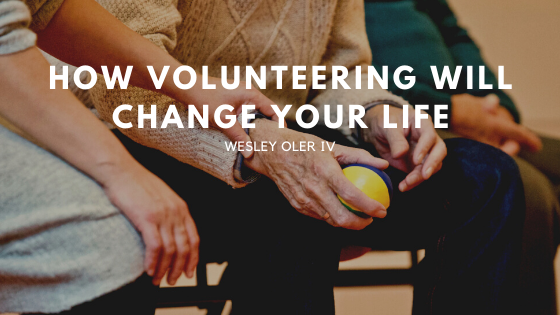Most of us know the benefits when it comes to volunteering and how it changes the lives of the people in need. With that being said, there are still many opportunities to volunteer and the number of volunteers has been on the decline, with only 25% of people surveyed volunteering. Of that 25%, they only spend on average about an hour volunteering for a nonprofit within the past year. Only a small percentage of adults who actively volunteer for more than an hour contribute to the 25% of volunteers. While the decline in recent years in volunteering can be explained through the recent recession or adults not having the time they used to have, there are still many reasons to volunteer. Even when the situation is not the best, the returns in volunteering will outweigh the time invested. Here’s how volunteering will change your life.
Volunteers extend their life expectancy:
Volunteering has been shown to make volunteers more joyful and healthier than those who do not volunteer. This especially plays a part the older you get, as volunteering is better than eating and exercising regularly. However, do not wait until retirement to begin volunteering. Establish your goals for volunteering and continue to set new ones as time moves forward, as volunteering will give you more purpose with setting goals.
Volunteering creates powerful relationships:
While social media has helped humanity connect with one another thousands of miles away, it has also isolated many of us from creating true physical connections in our everyday lives. This is especially true for people aged over 45, with one in three adults claiming to feel lonely. This is where volunteering comes in. For the most part, you are volunteering in a physical setting interacting with others on a daily basis. This creates the opportunity to develop a powerful relationship that can alleviate the feeling of loneliness. Volunteering not only creates a powerful relationship between a volunteer and the person receiving help from the volunteer but can also be passed through family members. Children who volunteer with their parents are likely to have their parents and other adults in their family volunteer as well.
